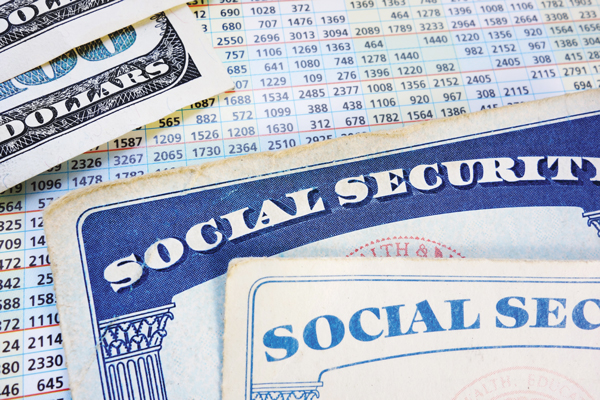The National Health Care Anti-Fraud Association estimates that health-care fraud costs the nation about $68 billion annually, which is 3% of the nation’s $2.26 trillion in health-care spending. As a result, new Medicare cards will no longer contain a person’s Social Security number, but rather a unique, randomly assigned Medicare number that protects people’s identity.
“We’re hearing about victims who are being asked by phone to pay from $5 to $700 to get the new card,” said Jenna Gladfelter, director of the Senior Medicare Patrol Program with LiveOn New York. She spoke at the recent 13th Annual NYC Elder Abuse Conference in Manhattan. “A senior doesn’t have to do anything to initiate the process. Whenever your card is sent out, that’s when you will receive it in the mail.”
Medicare cards are being mailed automatically by the Centers for Medicare & Medicaid Services (CMS) to those who qualify, free of charge. The transition to the new card is expected to end in April 2019.
Gladfelter suggested that professionals such as financial advisors can help their retired clients by informing them of phone scams and offering services, such as reviewing billing statements for unrecognized charges.
“You might see a wheelchair that is a fraudulent charge because your client doesn’t use a wheelchair,” Gladfelter said. Other ways to monitor for Medicare fraud include recording doctor appointments and services and reporting unrecognized claims to CMS by calling 1-800-MEDICARE (1-800-633-4227).

Medicare Is Removing Social Security Numbers From New Cards
July 2, 2018
« Previous Article
| Next Article »
Login in order to post a comment








